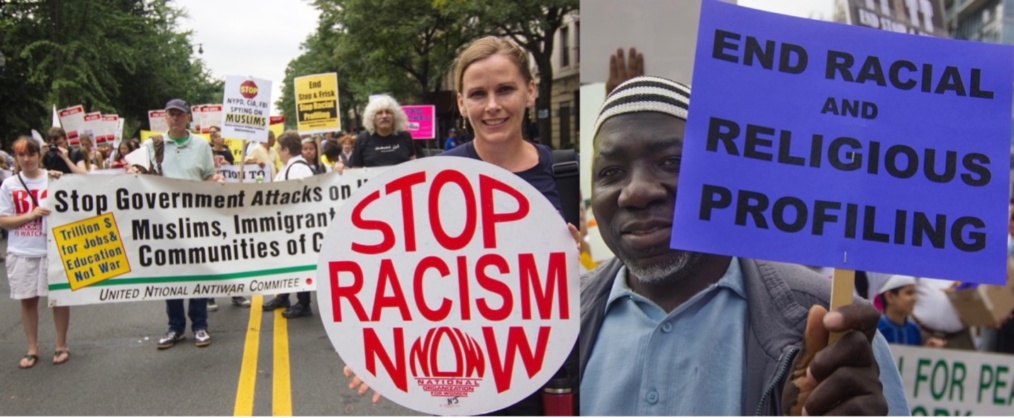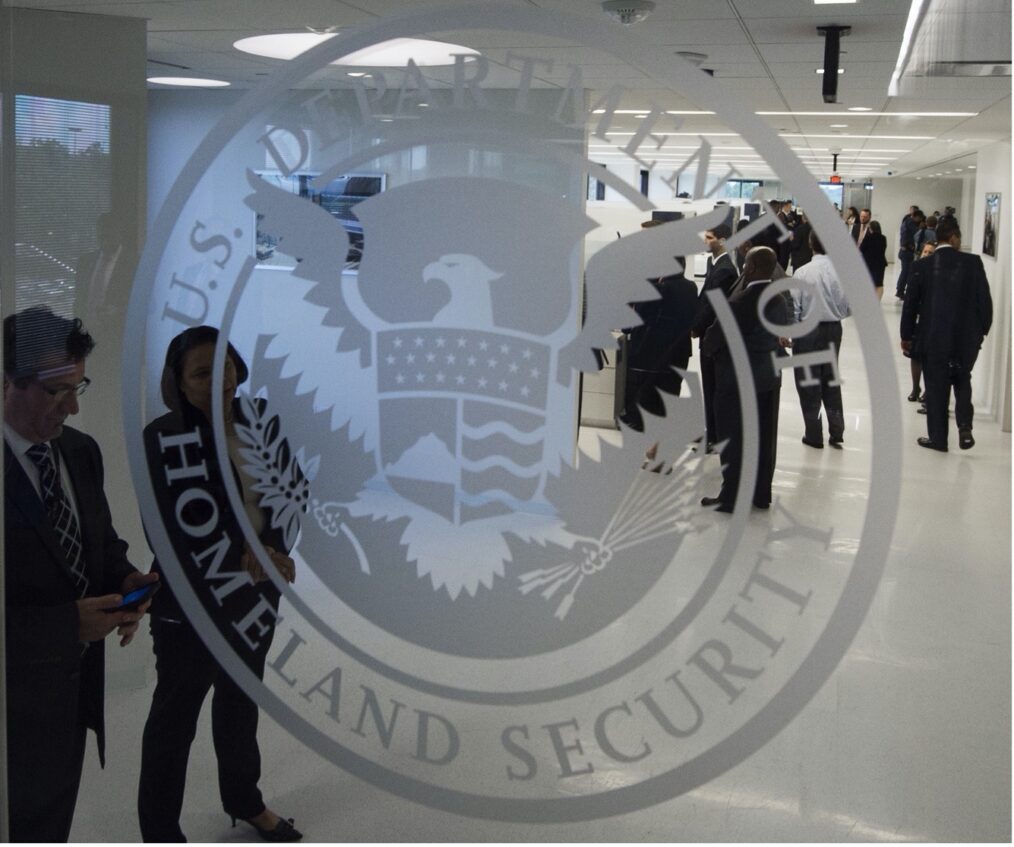In just 10 days, the Taliban was able to take control of most of the major cities and towns across Afghanistan. On Tuesday, an all-male interim government was established by the Taliban, in which it declared Afghanistan an ‘Islamic Emirate.’ Many of the senior figureheads were veteran Taliban officials who were active in the resistance against US-led coalition forces over the last two decades. Notable leaders include Acting Defense Minister, Mullah Yaqoob, the son of Taliban founder, Mullah Omar, and Acting Minister Sirajuddin Hawwani, the head of the affiliate Hawwani network which is recognised as a US-designated foreign terrorist organization.
Despite its quick succession, the Taliban will face multiple issues in the coming weeks. Afghanistan remains highly fragile, exacerbated by a humanitarian crisis that will require immediate action from the international community.
An Inclusive Afghanistan
The international community has not yet recognized the Taliban as the ruling government in Afghanistan. This is unlikely to change until the Taliban demonstrates that it is not fundamentally against the world. Instead, it must prove that it is for the rebuilding of Afghanistan. This begins first and foremost with the Taliban demonstrating its intentions of establishing an inclusive Afghanistan. Various groups including women, ethnic minorities, and political opponents, will need protection for their civil liberties.
Over the last 30-years, Afghanistan has seen a wealth of different leaders, all of whom have been largely negative in one way or another. As a result, Afghanistan has been turned into a ‘hub for money-making with systematic government policies.’ Consequently, many leaders of the old government have fled in the wake of the Taliban takeover, taking millions worth of assets with them. One of the key challenges that the Taliban will face will thus be unifying the Afghan population under a trustworthy government.
High officials of the Taliban command have promised to respect women’s rights, with the group proclaiming that ‘everyone will be forgiven’ in regards to their political opponents. However, this has not yet been evident. Despite the previous speculation of inclusive representation, the government contains no female representatives. The US Secretary of State, Anthony Blinken, has asserted that the newly established Taliban government ‘does not meet the test of inclusivity,’ and instead comprises of ‘people with very challenging track records.’ Consequently, Interim Prime Minister, Mullah Hasan Akhund, has advocated for the denial of civil rights for ethnic and religious minorities and the imposing of restrictions on women. For example, recent developments have banned women from competing in sports. It is not enough to have false promises. Instead, the new interim government must act upon its promises.
The international community will not accept the Taliban if it imposes oppressive measures that infringe on human rights. For the Taliban to succeed, it must work towards unifying the Afghan population to become accepted within the political landscape. Once (and if) some level of unity is achieved, then international leaders can begin to work with the Taliban and recognize its new position.
Request for International Aid
Afghanistan is currently plagued by humanitarian despair. While the Taliban has made a promise to improve the economic landscape in Afghanistan, it are fundamentally unable to do this without international aid. Likewise, the Taliban’s succession should not mean the end of international aid. It is the duty of the international community to act and save the lives of those who are still vulnerable and need assistance in Afghanistan.
In the past, Afghanistan has received millions from foreign actors. Until August, the US, UK and EU had donated tens of billions of dollars to Afghanistan in a bid to develop the country. According to the World Bank, in 2020 aid flows accounted for 42.9% of Afghanistan’s $19.8 billion GDP. However, since the Taliban has assumed power this aid has been cut off, with the US freezing approximately $9.5 billion in Afghan assets held in American banks.
Basic services including food and water supplies are rapidly diminishing. The United Nations Office for the Coordination for Humanitarian Affairs (OCHA), has appealed for $600 million to meet humanitarian needs for those still in Afghanistan, in anticipation of weather warnings of upcoming droughts. Consequently, UN Assistant Secretary General, Kanni Wignaraka has proclaimed ‘we are facing a full-on development collapse on top of humanitarian and economic crises,’ warning of the need to prevent an impending ‘national implosion at all costs.’
However, this should not be mutually exclusive with a professional relationship with the Taliban. The international community still bares responsibility for assisting with humanitarian aid in Afghanistan, the lack of which would prove detrimental in upcoming weeks for millions of Afghan citizens.
The Role of Pakistan
Neighboring countries, like Pakistan, should be recognised as having played an important role in the Taliban’s accession. The international community, particularly the United States, will have to work tirelessly and efficiently to ensure that Pakistan is not presented as a haven for future militant groups. This includes the likes of ISIS and al-Qaeda, who have the potential to resurge now that the Taliban has regained power.
This is perhaps one of the key issues facing Afghanistan. The 9/11 attacks are a forceful reminder that neglecting Pakistan has grave consequences for international security. It is no secret that in the past, Pakistan has sheltered and to some extent inadvertently supported terrorism. Pakistan has previously harboured thousands of militant groups and has been influential in inspiring the conservative movement of Wahhabism, which was the driving ideology that inspired Osama Bin Laden. While Pakistan had minimal involvement with the Taliban until after 9/11, then head of al-Qaeda, Osama Bin Laden, was harboured in Pakistan leading up to the lethal attacks.
However, the international community and its intelligence networks – namely the United States – failed to recognise the gravity of this relationship. Back in the 1990s, the US State Department, months before the al-Qaeda embassy bombings, failed to recognise the magnitude of the nexus between Pakistan-Afghanistan and subsequently Bin Laden. Instead, officials focused on the rising tensions between India and Pakistan, which ultimately resulted in a failure to pinpoint the forming terrorist network. Over the last decade, United States policymakers have underestimated the role Pakistan could play to facilitate peace, but equally so, violence and war.
The need for Pakistani cooperation is just as salient twenty years later. Responsibility falls on the international community to ensure that Pakistan no longer harbors terrorists or encourages terrorist activity to flourish.
Looking Forward
The upcoming weeks will be pivotal for the Taliban. It must prove that it is willing to unify the Afghan population. However, words are not enough. Instead, the Taliban must actively demonstrate that it is willing to include women and ethnic/religious minorities in its new agenda. Only then can the international community begin to work with the Taliban. Despite this, international aid is essential. Consequently, the international community have an obligation to support the Afghan population in the turbulent weeks ahead.







